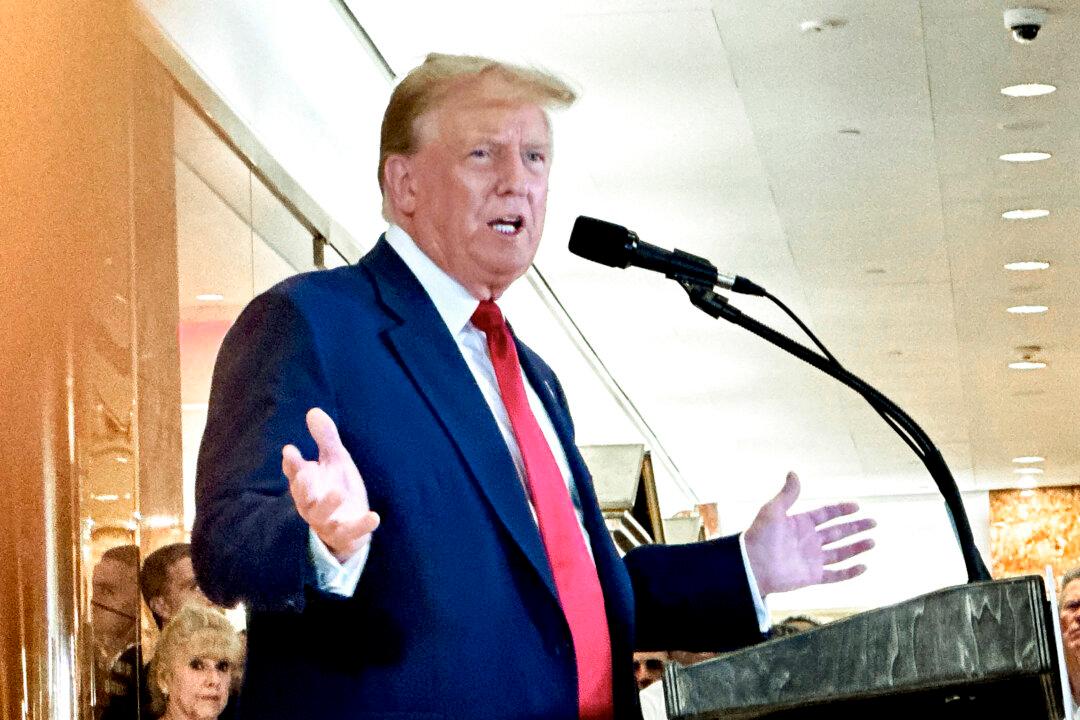Bradley Smith, a former Federal Election Commission head appointed by President Bill Clinton, argued in a June 1 thread that the timing of the payments in the New York criminal case against former President Donald Trump means they could not have constituted a Federal Election Campaign Act (FECA) violation.
Mr. Smith was a sought-after congressional witness on the topic of campaign finance reform, and was originally intended to be a defense witness in the case against President Trump. However, the presiding judge had limited the scope of expert witness testimony for the defense to the point that Mr. Smith said on X that the defense saw no point in having him testify on such a basis.





